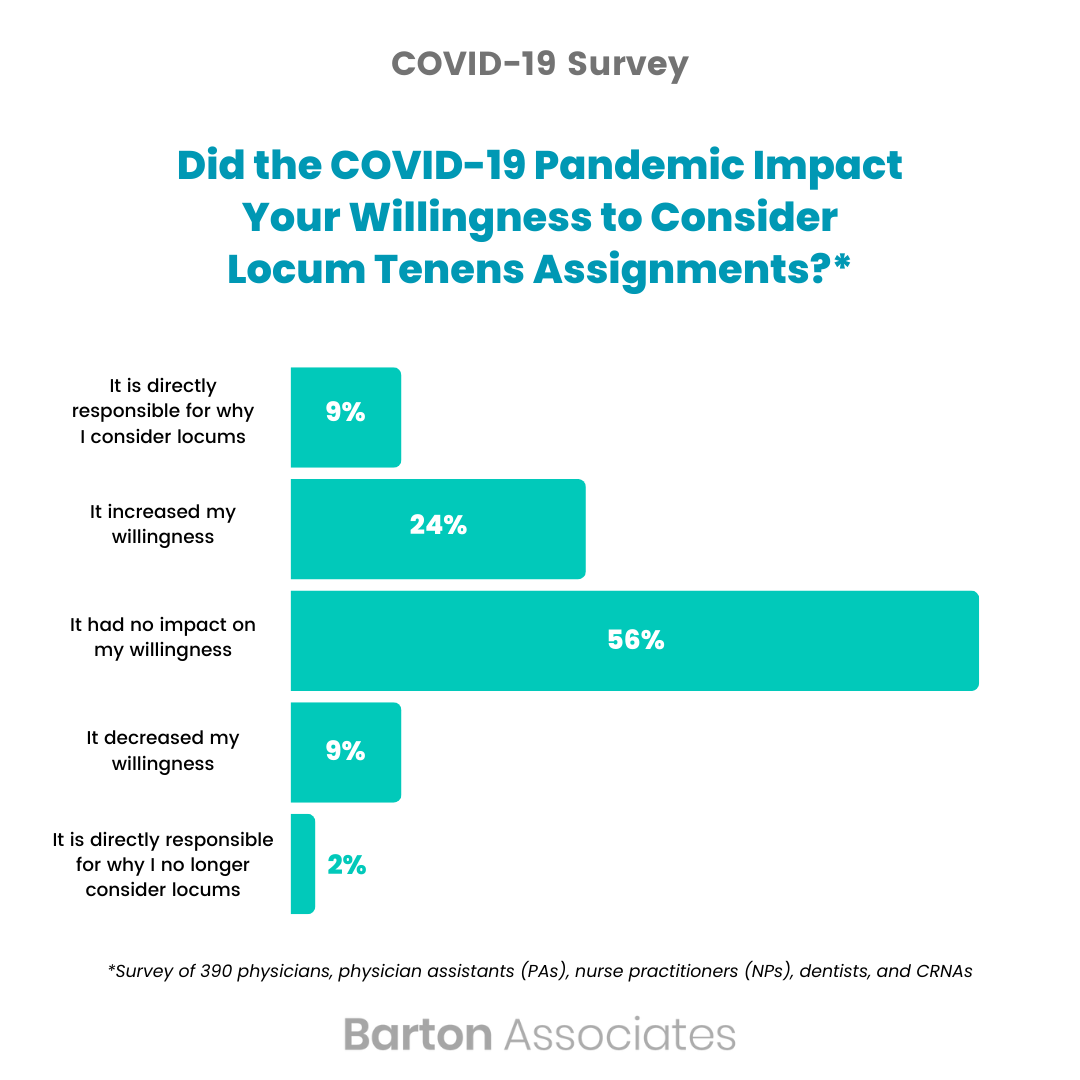
Disclaimer: The information provided in this article is meant for informational purposes only and should not be considered financial advice. You should consult a certified financial advisor who can advise you based on your unique financial situation.
Physicians, dentists, physician assistants and nurse practitioners tend to graduate with a lot of student debt. Data from the American Association of Medical Colleges in 2023 shows that 70% of physicians graduate with student debt, and that the average physician graduating with debt has over $200,000 of student debt. Whether you’re in school, in residency or working, it’s important to consider how you want to pay off your student debt. Read on to learn about budgeting, options during residency, and plans to pay off debt.
How much student loan debt is there in the U.S.?
The total student loan debt in the United States is $1.75 trillion as of 2024, with federal loans making up 91.2% of all student loan debt, according to the Education Data Initiative. The average public university student borrows $32,362 to obtain a bachelor’s degree, and 42.8 million borrowers have federal student loans.
The average graduate degree holder owes up to $106,850 in federal student debt, and 60% of masters degree holders have federal student debt, along with 74.5% of those with professional doctorates. Doctors of Medicine are the most likely to have student loan debt, with 81.0% of MDs owing any student loan debt upon graduation.
How does becoming a locum tenens help with paying down student debt?
Locum tenens typically earn more than permanent providers–for example, family practice PAs earn up to 30% more with locum tenens!
When you take a locum tenens position, you’ll probably get a large salary increase, but its important to avoid spending more when your salary increases- stick to your budget, and take advantage of your salary increase to pay down your student loans faster. It’s stressful to be in debt, and paying it off faster stops interest accumulating and gives you more financial freedom.
4 ways to start paying down student debt
1. Be a frugal spender
When you’re trying to pay down your debt, you want to slash spending on non-essentials. Live with housemates, eat in, and cut spending on subscriptions. Make a budget, and calculate how much you can spend per month while still meeting your repayment goals. Remember–the faster you can pay down your debt, the less interest can accumulate and raise your total debt.
2. Dental and medical residency loan forbearance
If you’re a physician or dentist currently completing residency, or are still in school, you have two options- you can start paying off your student debt during residency, or you can delay loan repayment until it is completed.
Paying off debt during your residency might not be feasible for you- you’ll be working a lot of hours, and getting paid a low hourly wage. If that’s the case, you can always file a medical or dental internship/residency loan forbearance request. Forbearance must be reapplied for every 12 months, and interest may capitalize on loans during or at the expiration of your forbearance. You can still submit voluntary payments during that time.
You can also choose to submit loan repayments during residency, which will allow you to pay down student loans and apply for loan forgiveness faster. If you are able to pay down debt during residency, it’s a good way to slow down the speed at which your interest payments accumulate.
3. Refinance student loans
Even if you’ve heard of loan refinancing, you might not fully understand what it means. Companies exist that may offer you new lower interest rates on your student loans, so you can apply to get loans refinanced. Refinancing can be beneficial in this way, by slowing the rate at which your interest accumulates, and allowing you to pay down your debt faster.
Before looking at refinancing, split your student loans into two categories: federal and private loans. Private loans often have higher interest rates and lack the protections of federal loans, such as the ability to apply for loan forgiveness. This means that you may have a greater incentive to pay off your private loans faster than your public ones, and refinance only your private loans- if you’re thinking about loan forgiveness, or the possibility of student loans and interest being refrozen, you might want to avoid refinancing federal student loans, even at higher interest rates.
Lenders will first likely ask you for information, such as name, address, university and degree, total student loan debt, current income and monthly housing payment and implement a soft credit check that won’t impact your credit score to determine what interest rate you’ll receive.
Before refinancing loans, it’s important to compare them and browse refinancing options. Here are five suggestions of companies to check out to refinance your loans. Remember, the interest rate you get will vary depending on the results of the soft credit check.
- SoFi offers fixed interest rates of 5.34%-9.99% APR, and variable interest rates of 6.24%-9.99% APR.
- LendKey offers fixed interest rates as low as 5.24% APR, and variable interest rates as low as 5.54% APR.
- Laurel Road offers a 4.97% variable APR when you open a Laurel Road Linked Checking account.
- Splash Financial financing options start at a 4.99% fixed APR.
- Earnest offers fixed loans from 4.96% APR (including their 0.25% Auto Pay discount) and variable from 5.72% APR (including 0.25% Auto Pay discount).
There is no limit to the number of times you can refinance your student loans, although multiple refinances can negatively impact your credit.
4. Use income driven repayment plans
One way to pay off your student debt is through an Income Driven Repayment (IDR) plan. Monthly IDR payments are usually made as a percentage of your discretionary income. Repayment plans need to be recertified yearly by updating family size and income. By the end of the repayment period in an IDR plan, any remaining balance is forgiven.
There are four different types of IDR plans.
- Saving on a Valuable Education (SAVE) Plan—formerly the REPAYE Plan
- Pay As You Earn (PAYE) Repayment Plan
- Income-Based Repayment (IBR) Plan
- Income-Contingent Repayment (ICR) Plan
There are no new enrollments for the PAYE plan, and new enrollments for the ICR plan are stopped as of July 1, 2024, with two exceptions—people who submitted applications before July 1, and borrowers with a consolidation loan that repaid a parent PLUS loan. To be eligible for the IBR plan, you must demonstrate partial financial hardship, which means that you may only be eligible for the SAVE plan.
The SAVE plan has monthly payments of 5% of income for undergraduate only borrowers. As a locum tenens with graduate loans as well, your repayments will likely be at a weighted average between 5% and 10% of your income. The repayment period for SAVE plans is 20 years for those with only undergraduate debt, but as a locum tenens with graduate loans as well, your repayment period will be 25 years.
Try out the loan simulator to estimate your student loan repayments under different types of plans to find the option that works best for you.
5. Am I eligible for PSLF as a locum?
You may have heard that locum tenens are not eligible for the Public Service Loan Forgiveness program. While full time locums are not, if you have a full time job through a non-profit 501(c)(3) or governmental employer and do part time locum work, you can still be eligible for the PSLF.
To qualify for PSLF loan forgiveness, clinicians must have made 120 on-time monthly payments in an eligible program, such as an Income Driven Repayment (IDR) program before applying for up to 100% loan forgiveness. They also must work at least 30 hours per week at a non-profit 501(c)(3) or governmental employer.
If you work for an eligible employer for two years, work as a full time locum for two years, then work with an eligible employer for eight years, you can still qualify for the PSLF, which does not require payments to be consecutive.
Find a Locum Tenens Job with Barton Associates
Working a locum tenens job with Barton Associates can help you earn more and pay down debt faster. Check out our job board to learn more about how you can benefit from getting a locum tenens job!



